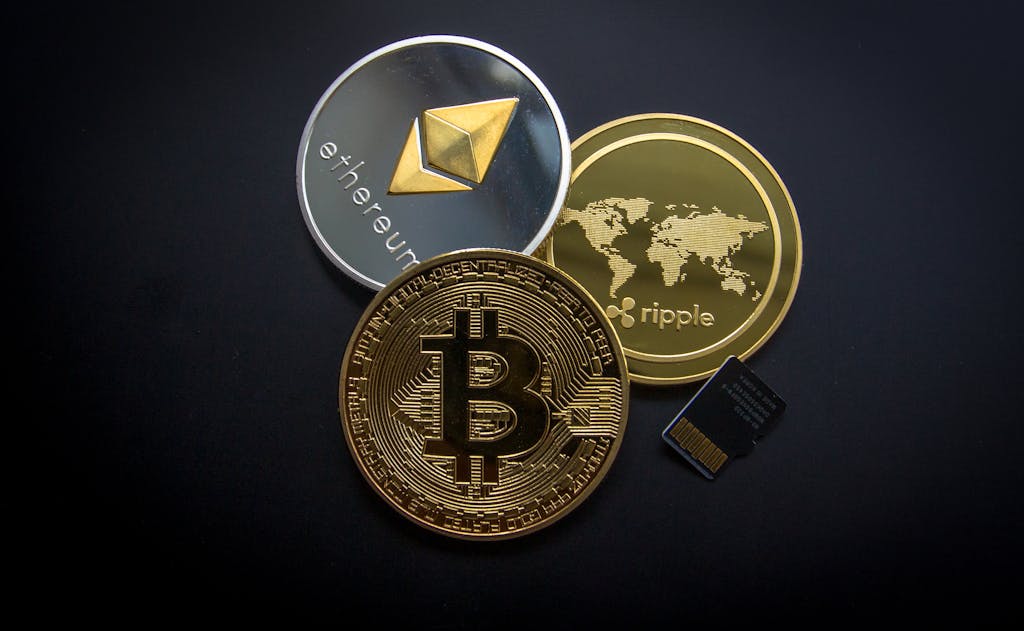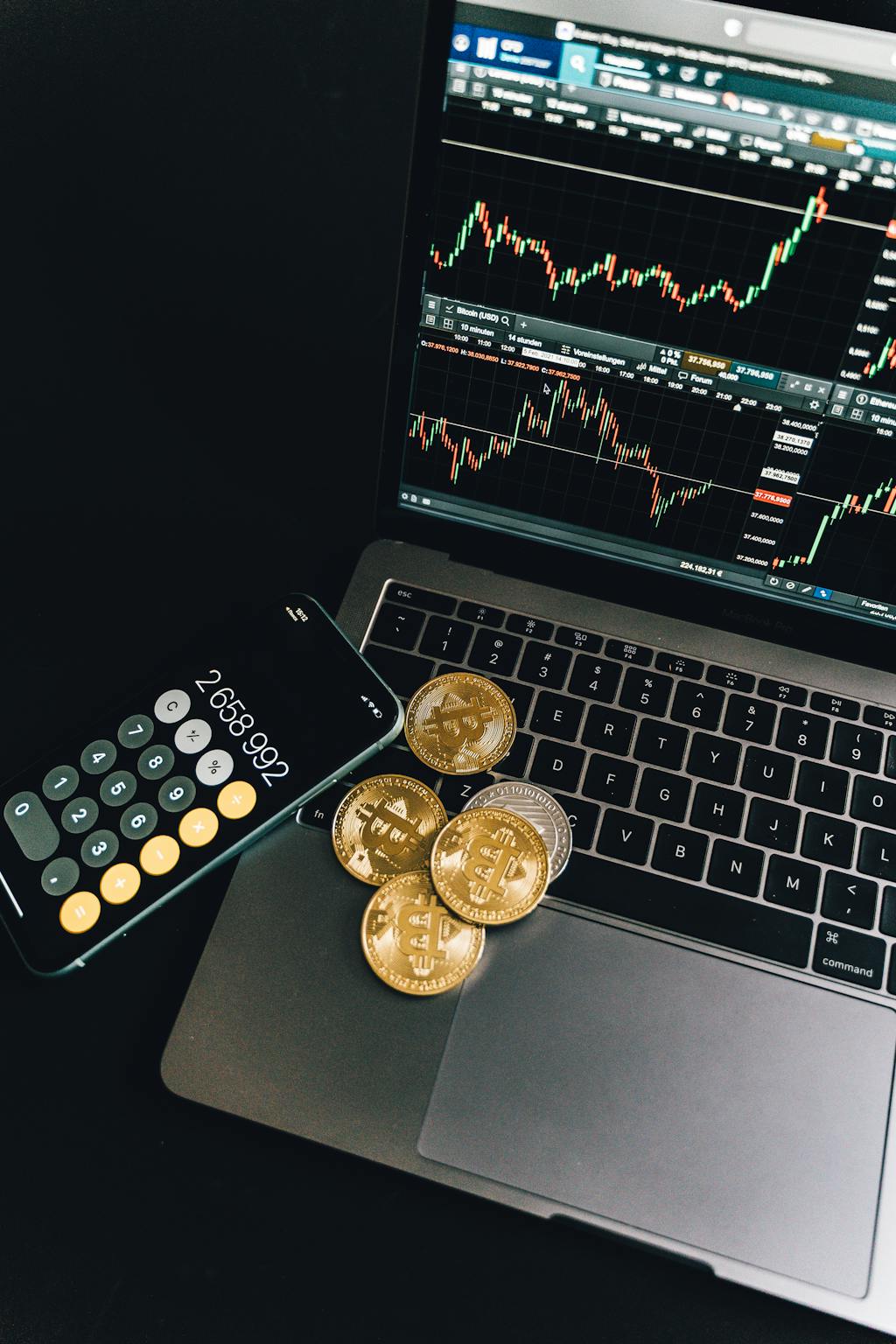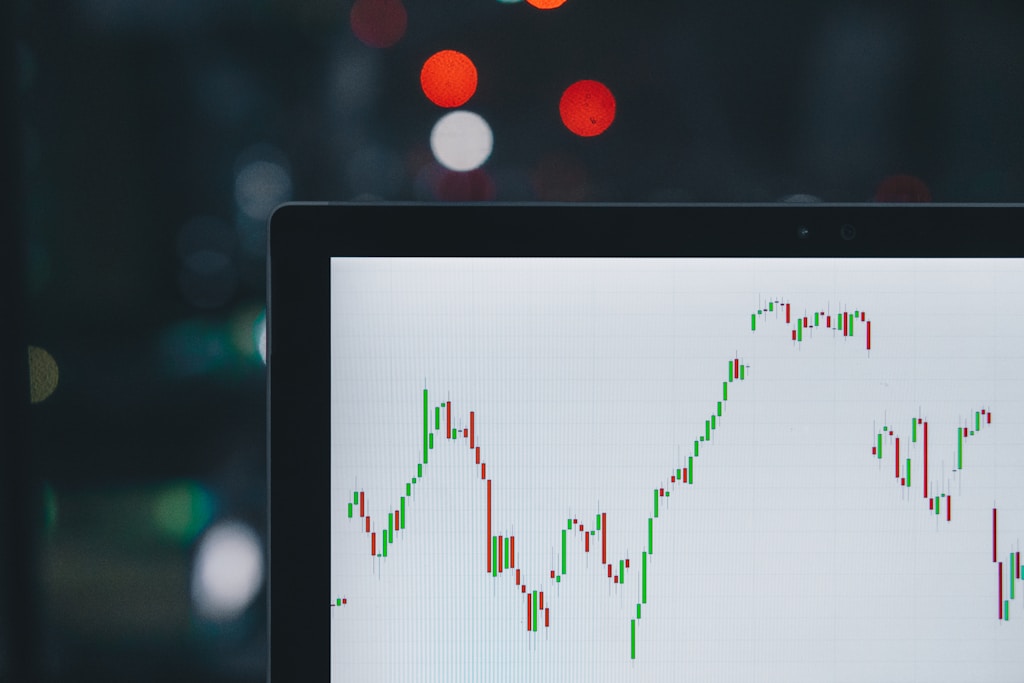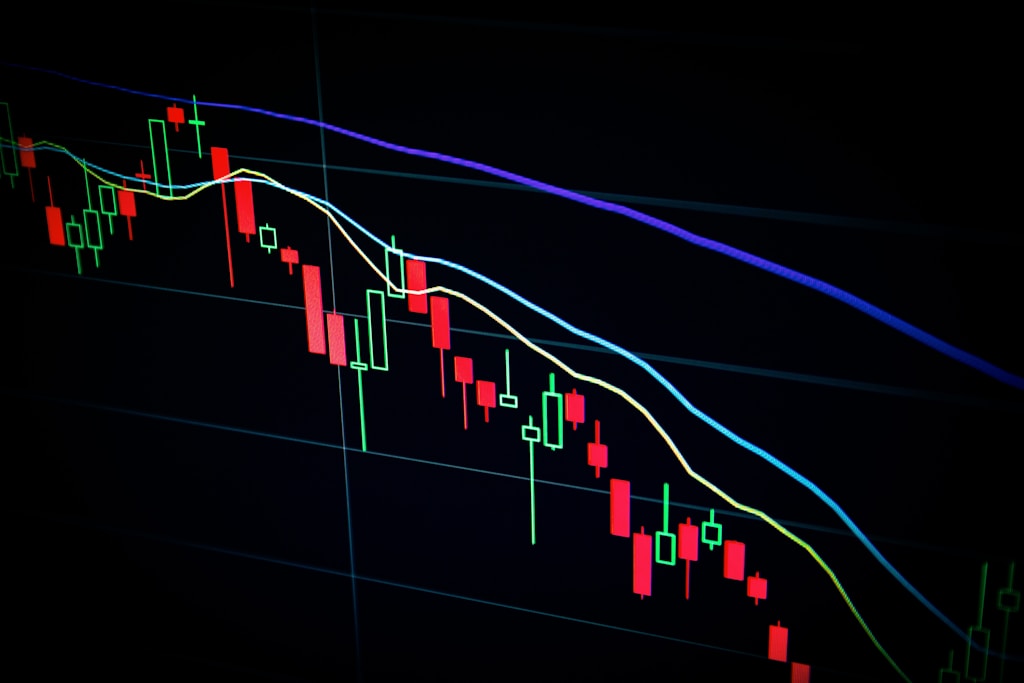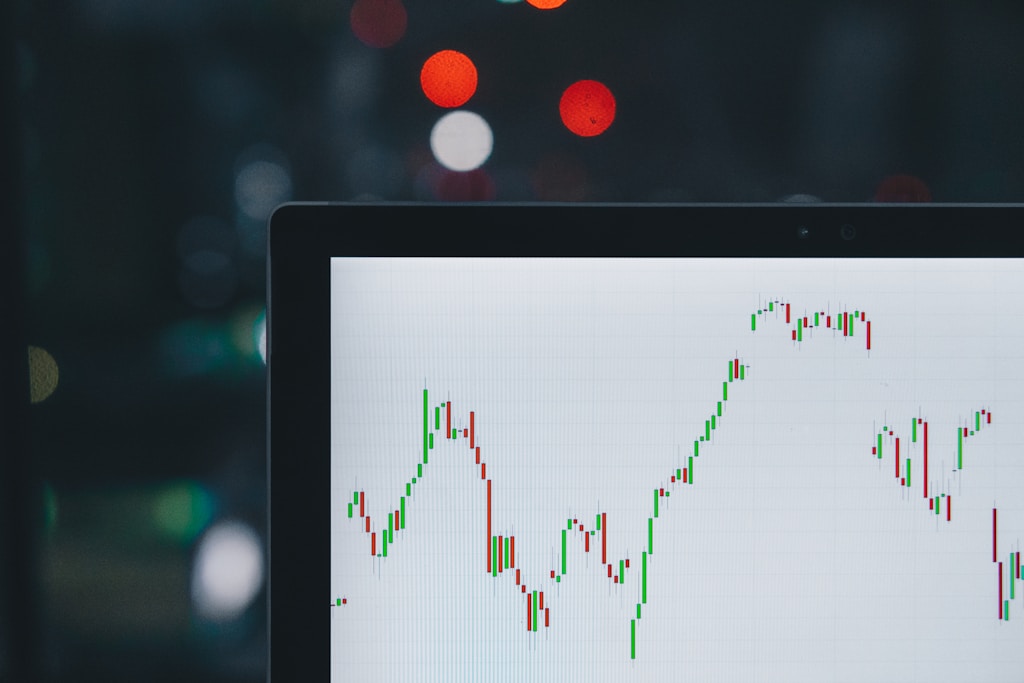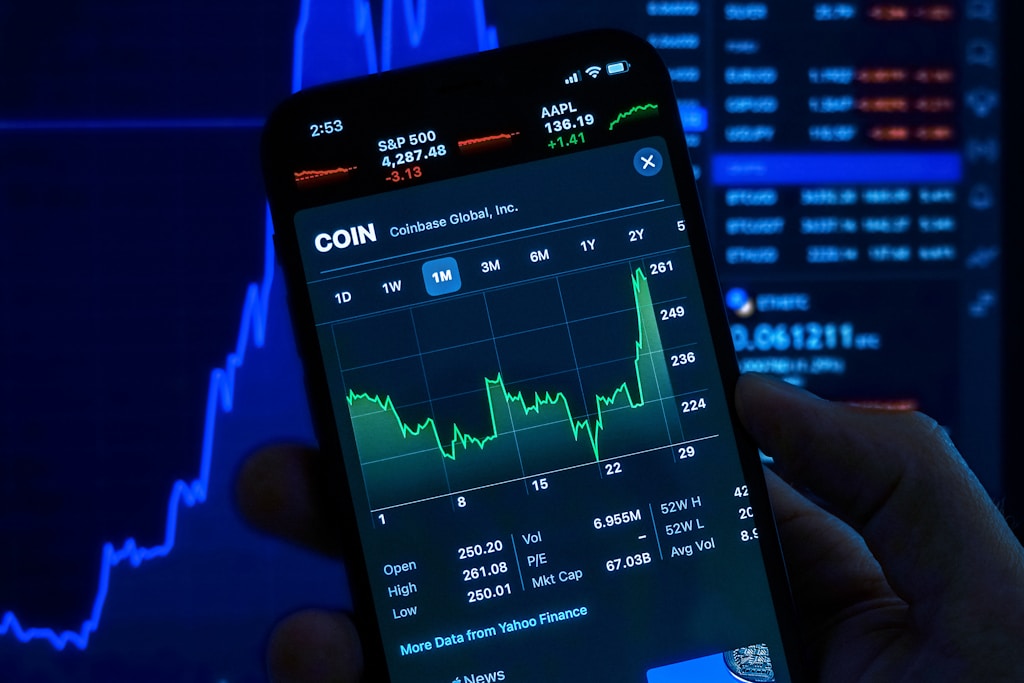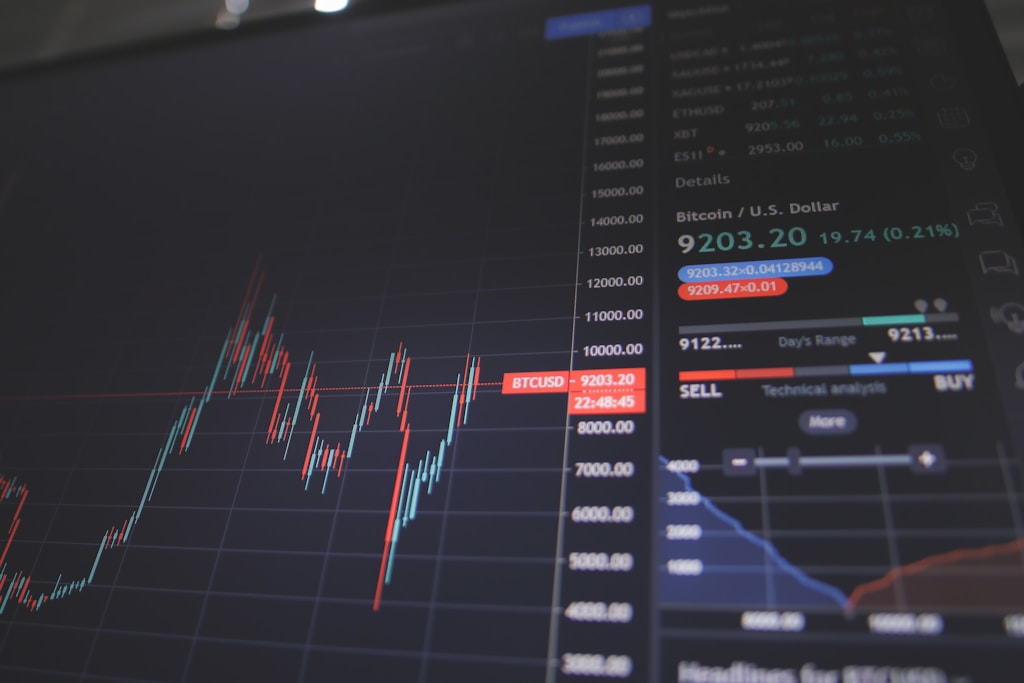Brazil’s central bank digital currency (CBDC) project Drex has encountered significant challenges as major technology partners reduce their involvement, raising concerns about the future of digital currency innovation in Latin America’s largest economy.
Key Developments in the Drex CBDC Setback
According to recent reports, industry giants Microsoft and Ernst & Young (EY) have significantly decreased their workforce dedicated to Drex-related initiatives. This scaling back of resources comes during a crucial second phase of the CBDC pilot program, highlighting growing concerns about privacy and implementation challenges.
Privacy Concerns and Technical Challenges
The reduction in support from external partners stems primarily from:
- Insufficient clarity on privacy protection mechanisms
- Limited central bank engagement during the pilot’s second phase
- Technical implementation challenges
- Regulatory uncertainty surrounding digital currency frameworks
Impact on Brazil’s Digital Currency Landscape
This development comes at a critical time when central banks worldwide are racing to implement CBDCs. Brazil’s Drex project was initially viewed as a potential model for emerging markets, making this setback particularly significant for global CBDC adoption trends.
Expert Analysis and Market Implications
The withdrawal of key technical partners could signal broader challenges for CBDC implementation globally. This situation mirrors concerns raised in recent regulatory developments, where traditional financial institutions and tech companies grapple with the complexities of digital currency implementation.
Frequently Asked Questions
What is Drex?
Drex is Brazil’s central bank digital currency project, designed to modernize the country’s financial infrastructure and provide a state-backed digital payment solution.
How does this affect Brazil’s CBDC timeline?
The reduction in support from key partners could potentially delay the full implementation of Drex, though official timelines haven’t been revised.
What are the main privacy concerns?
Primary concerns include data protection, transaction monitoring, and the balance between financial surveillance and user privacy.
As this situation continues to develop, the future of Brazil’s CBDC project remains uncertain, potentially impacting similar initiatives in other emerging markets.


